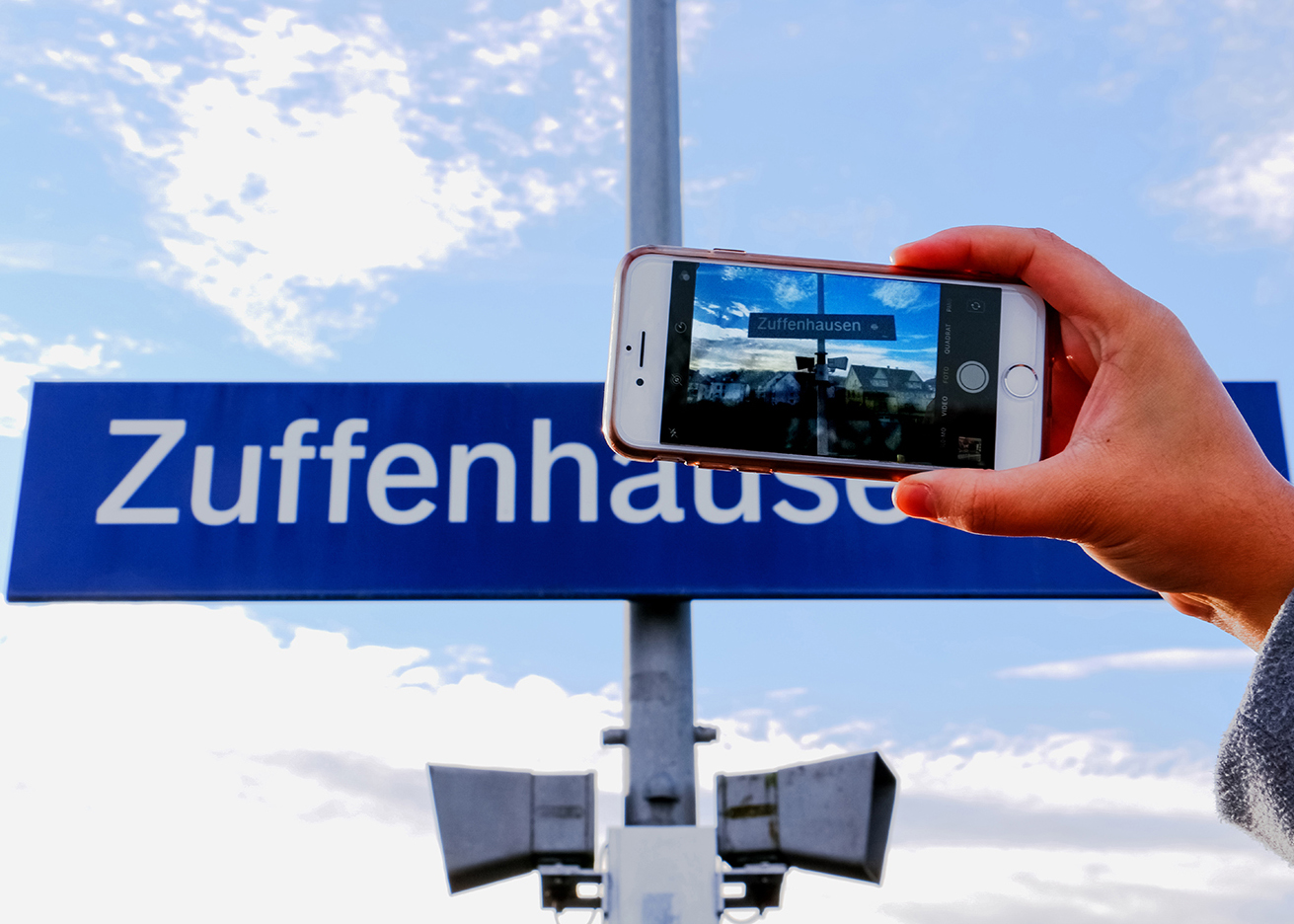
The research approach is based on the following hypotheses:
- The sociology of space has conclusively shown that any space used by humans is not primarily a physical, merely planned or arbitrary arrangement of persons and objects, but rather is subject to processes of societal constitution that bring about changes in the course of time. These processes are not uniform, but are in turn related to individual and group-wide developments. Urban planning and administrative decisions – often decided elsewhere – contribute to this. Accordingly, perceptions, practices and normative evaluations differ from the supposedly uniform objects, structures and events.
- The attribution to the status quo of a social-spatial entity in representation (the development of a “reputation”) is inevitably distorted, since the distribution of forces among the actors is unequal with regard to media effectiveness. In this distortion – both good and bad – reinforcing effects take effect that are not subject to public discourse and even less to a democratic decision. Which main tendencies actually emerge in the perception and description of those affected in a socio-spatial structure can only be learned by those who repeatedly ask methodically secured questions. It would not be ruled out that the “reputation” of a district would be based less on the majority views than on the echo chambers of certain groups of actors – a phenomenon which would have to be examined.
- Furthermore, it is assumed that some milieus (according to the SINUS classification) are more strongly represented than others against the background of the available socio-economic data on the district. In the previous course on “Methods of Empirical Social Research” in the second semester, students had carried out preparatory microcensus research. A subsequent learning objective for the students was to find exemplary research paths for presence measurement and quantitative distribution of various milieus, since the microcensus does hardly provide any information on such questions. This gap is filled by milieu research.
- This is followed by the hypothesis that different milieus have different perceptions of “their” district and make different attributions.
- Another – still unanswered – research question links this hypothesis with the idea of a micro-geographic investigation: How and where do different milieus move within the district? Could focal points (“milieu centres”) be identified? And if this were the case: where would overlaps occur? The question of segregation and mixing is not difficult to recognize here, and a number of possible consequences are linked to this, which would be relevant not only for “politics” and “economy” in the district, but for all actors themselves. For milieu research has shown, among other things, that milieu-specific addressing considerably frees communication from the “noise” inherent in “one-size-fits-all solutions”.
Last but not least, this is where the communicative resources for successfully stimulating civic engagement lie in the district, which – regardless of socio-economic conditions – contributes to a socially viable community.
Due to its curricular roots, this study is designed to cover several years and stages. In the first stage, qualitative interviews are conducted and micro-geographic patterns collected. The second stage is the intensification of the hypotheses and the interpretative condensation into a theory. In a later third step, quantitative surveys with the aim of representative measurements could be modelled on this basis.
If these methodological tools showed to be solid, a structural blueprint would be available for the investigation of further urban spaces.
Urban Research: Qualitative Survey from a spatial-sociological Perspective in the Stuttgart-Zuffenhausen District
3rd semester / Social Sciences
Wintersemester 2018/19
Supervisor: Prof. Dr. Harald Strauß
Cooperation: Bezirksrathaus Zuffenhausen, aktive Stuttgarter e.V., BDS Bund der Selbständigen Zuffenhausen, Gewerbe- und Handelsverein Zuffenhausen e.V.
The winter semester 2018/19 marked the start of a long-term social science study in the Stuttgart district of Zuffenhausen. From now on, the study will examine appreciation, needs and criticisms in the context of the everyday living environment in a district from the perspective of various actors. This project is on the horizon of both spatial-sociological and milieu-oriented research, with which students of the 3rd semester of the study programme Advertising and Market Communication have dealt in the subject “Sociology”.